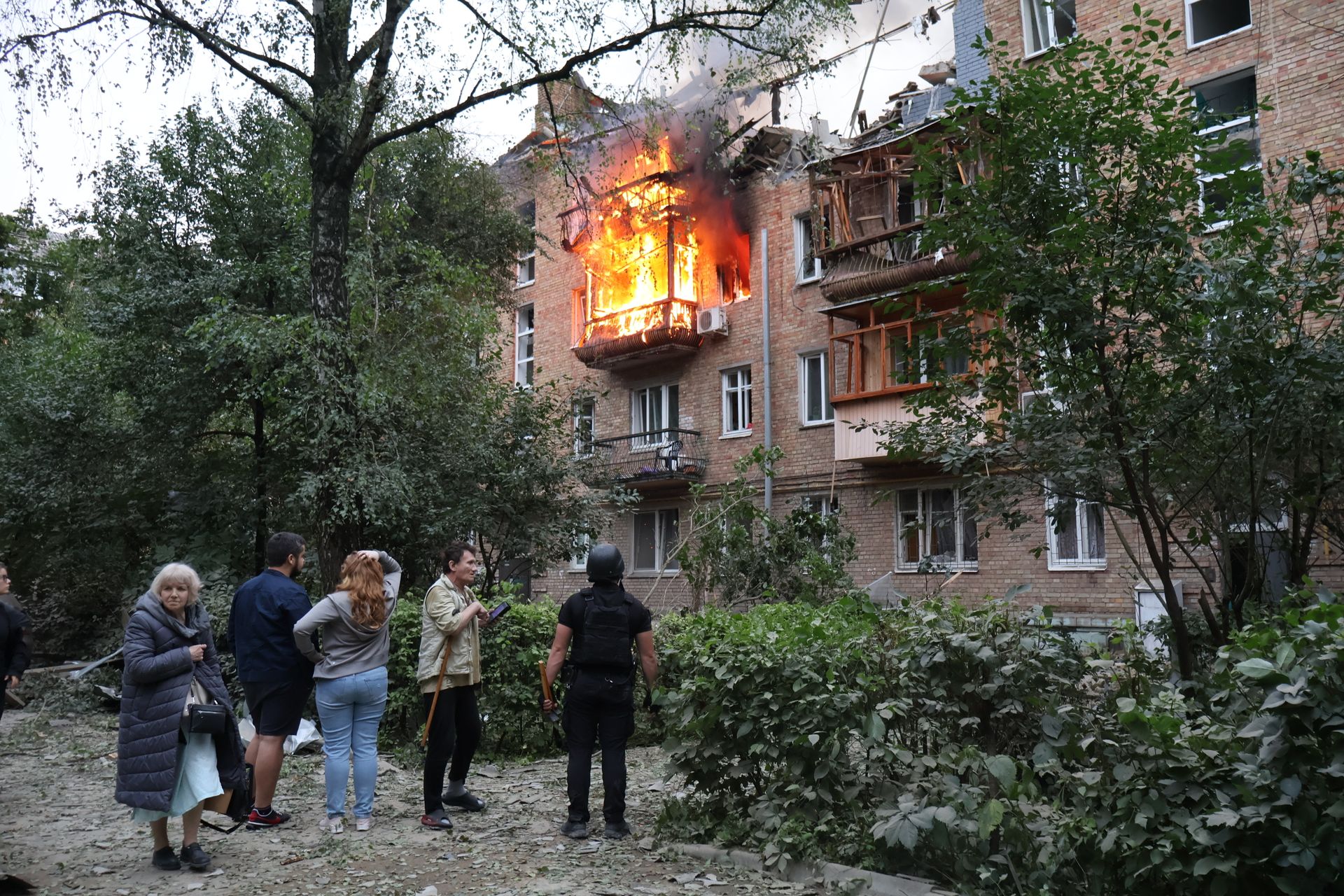Russia tightens citizenship law over 'hostile' acts

Russian President Vladimir Putin has signed a new law significantly expanding the grounds for revoking naturalized Russian citizenship, now listing crimes such as extremism, murder, and collaboration against the state.
The updated legislation adds 72 new items to the list of offenses that could lead to the loss of acquired Russian citizenship, according to state-owned TASS news agency. Among these are severe violent crimes, including murder, violent sexual acts committed against minors, causing serious bodily harm, and involuntary manslaughter.
The revised list also targets actions deemed threats to national security, such as public calls for terrorist activities, the justification or propaganda of terrorism, and unlawful actions against Russia’s critical information infrastructure. Citizenship can now be revoked for cooperation with a foreign state if it is deemed to be against Russia's security interests.
The law specifies additional grounds for revocation, including knowingly assisting in activities deemed to undermine Russia's security, publicly calling for actions against the state's security, public promotion or display of Nazi symbols, and collaboration with international organizations or foreign state bodies Russia considers hostile.
While Russia is now expanding the grounds for revoking naturalized citizenship, this move follows other recent legislation that has simplified the process for obtaining it, particularly in territories under Moscow's influence.
On May 17, Putin signed a decree making it easier for residents of Georgia’s Russian-occupied territories of Abkhazia and South Ossetia to acquire Russian citizenship, as reported by Russian state-controlled media.
Under this decree, any adult "citizen" of Abkhazia and South Ossetia who held that status as of August 26, 2008 – the date Russia recognized the territories as "independent" – became eligible to apply for Russian citizenship via an expedited process, requiring only a formal request.
Moscow effectively gained full control over Abkhazia and South Ossetia following its 2008 invasion of Georgia, maintaining a significant military presence in both regions ever since.
Russia has notably employed similar tactics in Ukraine.
In August 2024, Russia’s Interior Ministry claimed it had issued 2.2 million Russian passports to residents of the occupied Ukrainian territories — Zaporizhzhia, Kherson, Donetsk, and Luhansk — since October 2022. The claim could not be independently verified.











